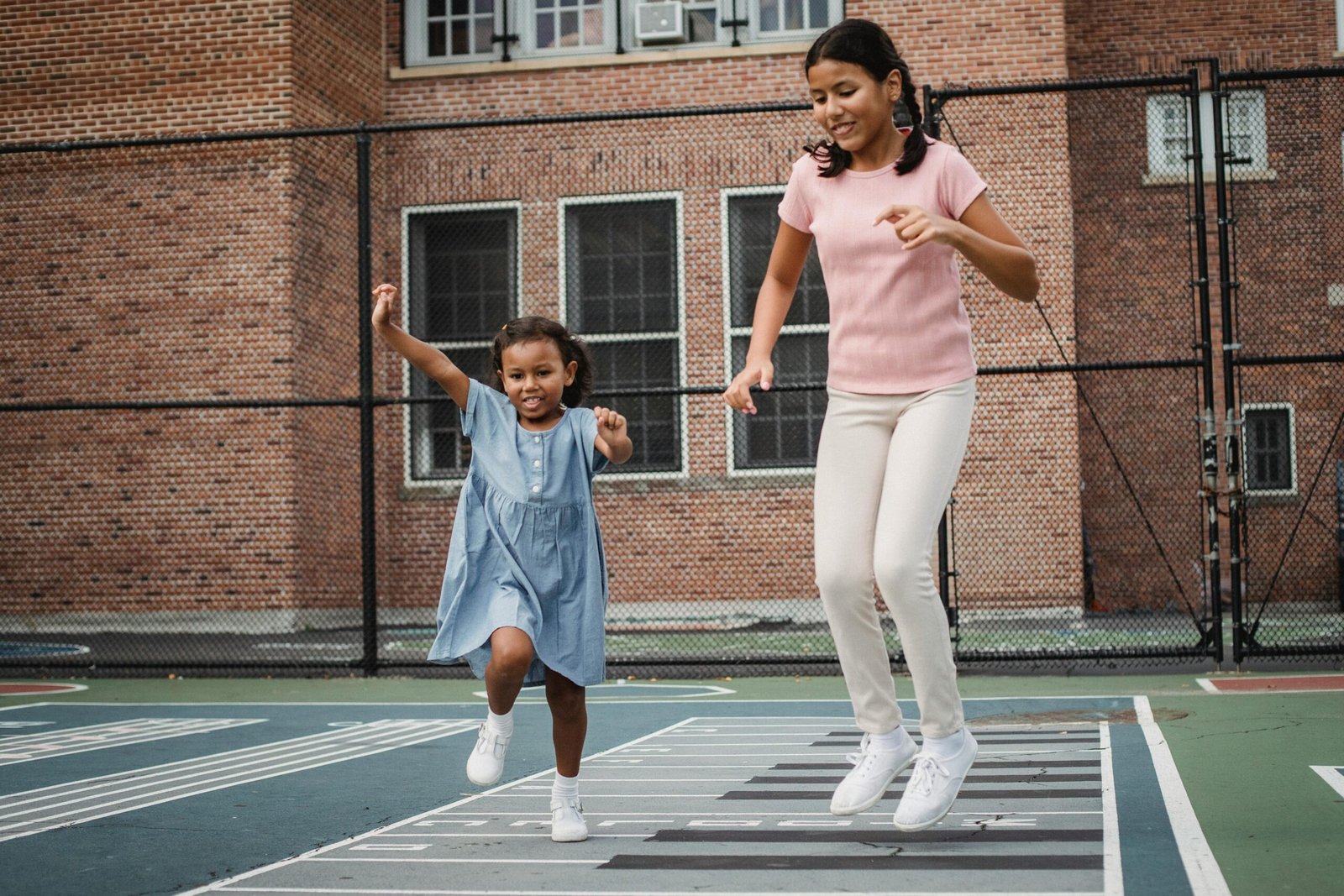Mountains of bells should be rung loudly for the sake of these hard-working and deserving students.
My dear friends,
First of all, thank you for inviting me to this important meeting to debate the upcoming decision to eliminate break time and playtime from middle schools. As we all know, our head teacher recently reduced the break time by half. Moreover, she stated in her decision that she plans to erase it from our daily school life entirely, thinking that it’s not necessary for teenage students like us.
She had claimed that playtime is only for primary schools and it is an unforgivable waste of time, which is not correct, and I will explain to you why. The United Nations High Commission for Human Rights has declared play to be a basic right for every child. I do believe we students in middle schools are still children, my friends, aren’t we?
Moreover, numerous psychological studies have proven that playtime is a basic human need, not a simple caprice or a waste of time. And they have valid reasons for that. Please let me ask you a question: Who among us does not like to play, to have a bit of fun during a long, exhausting day? All people enjoy this special bit of time, even adults, don’t they? Play is not only a need for early-aged kids but also for their adult counterparts. Aren’t we all in some corner of our soul still that kid who loves to play?
According to Josh Hillman, the director of education at the Nuffield Foundation—and let me quote his words—”Working adults are entitled to breaks to improve productivity, so, surprisingly, school-age children do not have equivalent rights.” Break time is crucial for workers. But what about us, the students? That sounds extremely alarming. We are seriously missing out on opportunities to play, make friendships, and develop our social skills. Every child, every student, and every person needs a break time, a playtime.
My dear friends, that is not a marginal right but a vital key that makes us feel like humans, not robots. In simple terms, playtime is the sunlight to nurture our learning. Theorists like Piaget considered play an important part of the learning process. “It is by acting that we learn,” the notable Swiss psychologist tells us, explaining his theory of the cognitive development of children.
Some people will argue that there is a fundamental need to be serious in our studies and focus on the academic knowledge provided by our schools. Yes, I agree. However, allowing students to learn through play reduces the stress and learning pressure for the majority of them. Furthermore, the breaks give children the opportunity to get some physical exercise, fresh air, and something to eat. According to the British NHS, “Through play, children learn how to interact with their surroundings, find their interests, and learn about the world around them.” Besides, they also learn skills they need for study, work, and relationships such as confidence, social skills and independence.
For that, we should sound the alarm, dear friends. Mountains of bells should be rung loudly for the sake of these hard-working and deserving students. The reason for this is that the suppression of play and time for fun from teenagers’ school daily life may have devastating effects. Dr. Ed Baines (Department of Psychology and Human Development) states: “Despite the length of the school day remaining much the same, break times are being squeezed even further with potentially serious implications for children’s well-being and development.” Additionally, he confirms that “not only are break times an opportunity for children to get physical exercise—an issue of particular concern given the rise in obesity—but they provide valuable time to make friends and to develop important social skills—experiences that are not necessarily learnt or taught in formal lessons.”
Furthermore, according to recent research done by most psychologists and therapists, there has been a notable rise in mental health problems, such as anxiety and depression, among teenage students due to reducing their playtime in their day at school. Moreover, the same research has proved that across the few schools where students have these opportunities, all of them confirmed being very satisfied and more interested in their studies.
To conclude, there is no doubt whatsoever that eliminating playtime for schoolchildren would be a disastrous decision and that introducing and keeping playtime inside middle and eventually high school ensures more cheerful, creative learning. Thus, we should hold on to this basic right, dear friends, and never concede because it is we who will pay for this after all, and no one else.
Thank you so much for listening.

